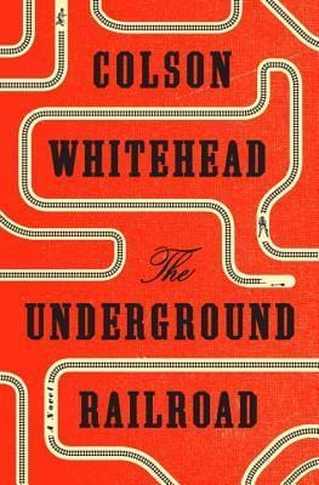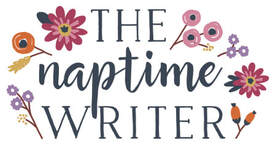 Wow. I just completed Colson Whitehead’s The Underground Railroad, and I am completely undone. Blown away. My heart feels wrung and exposed, full of sadness and grief and also hope. Let me start at the beginning. If you follow me on Facebook, you might know that I was only two books away from meeting my Goodreads goal of reading 100 books in 2016. The Underground Railroad was #99, and it was magnificent. My best read of 2016. I say this with complete confidence, even knowing that I will read at least one more book before the year closes. The Underground Railroad was the recipient of the National Book Award, so I was expecting greatness. But I wasn’t expecting to experience nearly a full range of the sadder, weightier human emotions: devastation, horror, heartsickness, anger, and disgust, among others. Cora, the protagonist, is a slave on the Randall plantation in Georgia. Caesar, a fellow slave, approaches her about escaping the plantation, and after an altercation with her new “owner,” Cora agrees to the plan. What follows is Cora’s travels through the Underground Railroad, a literal railroad running underneath southern states. For Cora, and many of the other former slaves in the book, escaping the plantations where they were imprisoned does not equal freedom. Yes, Cora is free of the immediate threat that her former “owner,” Terrance Randall, presents, but she learns that other people, white and black, want to have control over her body. But Cora is strong and resilient, and she has agency. She is relentless and she is powerful. And the people who help Cora along the way, black and white, show goodness, beauty, and agency of their own. I read this book feverishly, racing through the pages because even though it’s a gorgeous read (in the sense that Whitehead has a gorgeous mastery of language), it’s also a page-turner. I was nervous about the ending, but I did not have to be. It was perfect. We need books like this to remind us, to make us see. Books like The Underground Railroad rip open those cushy narratives some people like to tell themselves at various times, about how slavery could not have been as bad as some people said because x slave was devoted to x master, even after the Emancipation Proclamation. Or the narratives that Gone with the Wind and Robert E. Lee are authentic representatives of a genteel south that was different from the south where African-Americans were forcibly subjugated, oppressed, mutilated, raped, and/or murdered and their families were torn apart. [In the interest of honesty, I should say that in my adolescence and perhaps going into early adulthood, I, too, romanticized Gone with the Wind and Lee and enjoyed them without critically confronting the legal, social, political, and economic oppressive systems that the characters/figures were part of.] Or the cushy narrative that the Civil War was fought over states’ rights, not slavery (which is sometimes propagated even in our textbooks). Or the narrative that racism ended with the Emancipation Proclamation or the 13th Amendment or the Civil Rights Act or Obama’s presidential terms. This is the time to re-visit what we’re contributing to the world and to interrogate what our values are. I’ve thought about this before reading Whitehead’s book (chiefly thanks to the year 2016, a painful, but hopefully revelatory year), but this book made me confront my own thoughts and actions anew. In the interest of honesty again, I’m deeply, truly sorry for the times in which I thought to myself or even said aloud that I didn’t think that x event or action was racist or doubted racism’s hold in the place that I lived. I don’t get to decide that. I’m sorry for those times when I spoke out of white privilege. I’ve been trying to be better for a while now, and I’ll keep trying. I am grateful to Colson Whitehead for this book. Please read it.
0 Comments
Leave a Reply. |
About me.Give me that HEA, please.
Join my mailing list.Want to receive a weekly email with links to my latest blog posts? Sign up below!
Archives
April 2024
Categories
All
|

 RSS Feed
RSS Feed
